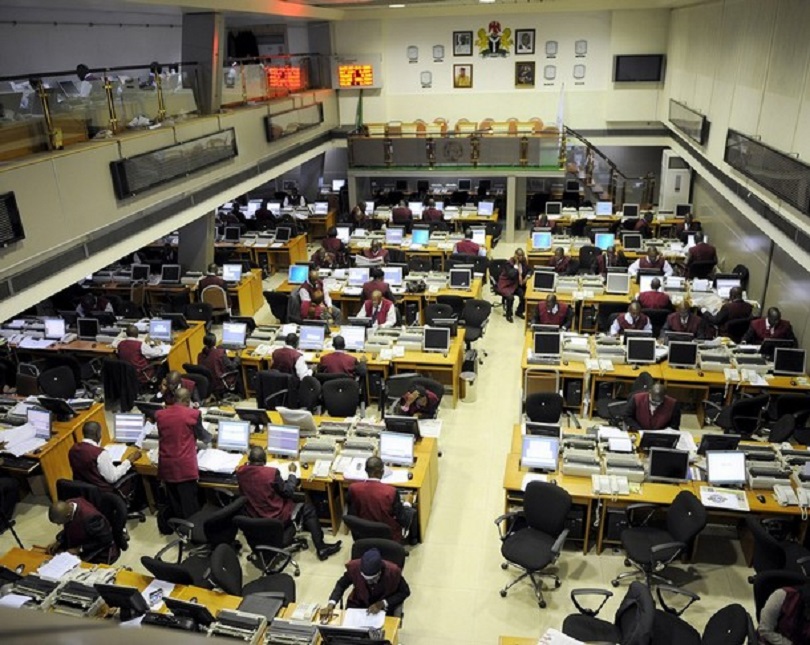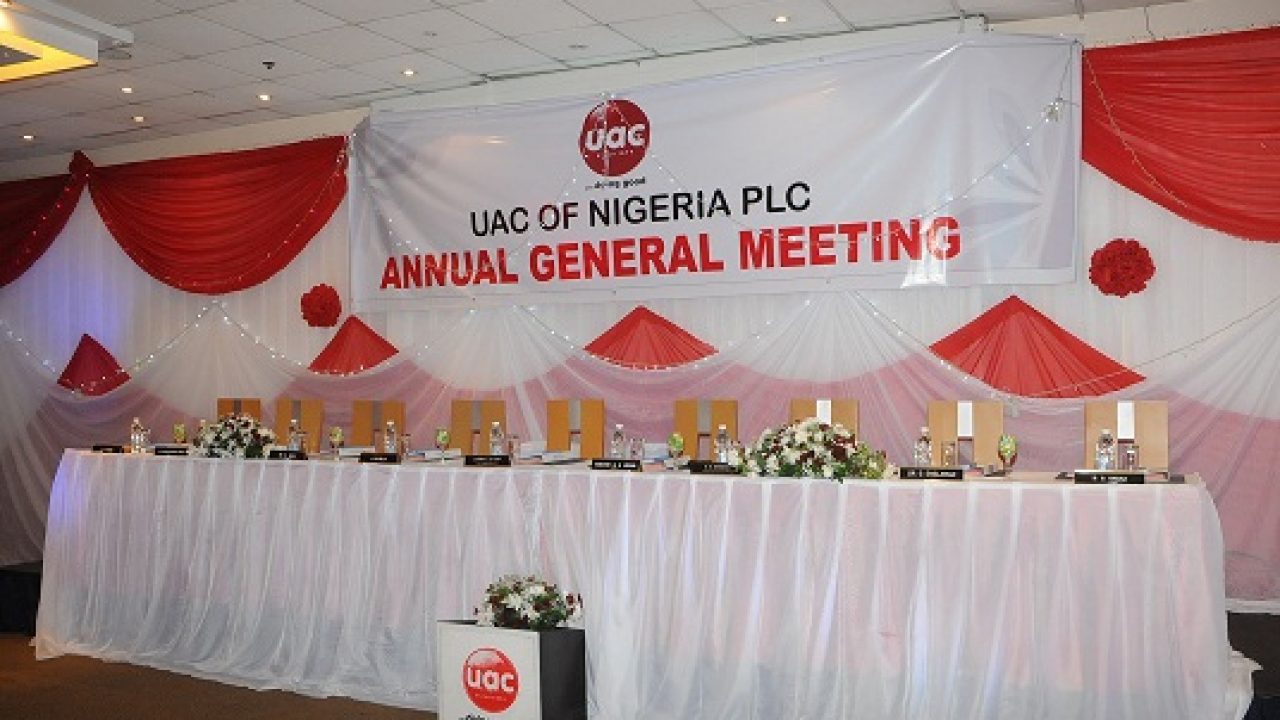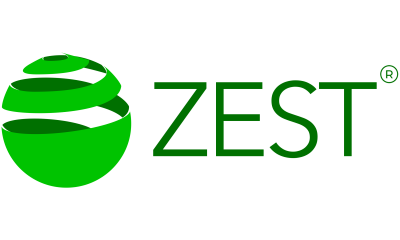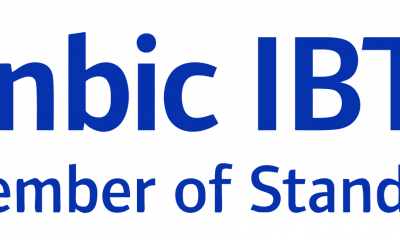Economy
Stanbic IBTC Absolute Fund Ends Another Year with Positive Returns


By Quantitative Financial Analytics
Stanbic IBTC Absolute Fund made an 11.5 percent return for the year ended December 31, 2016 and its asset increased by almost a corresponding percentage to N5.33 billion.
This information comes from analysis by Quantitative Financial Analytics Ltd, Nigeria’s foremost mutual and pension funds analytics platform.
The return however underperforms its 2015 performance of 13.19 percent but it brings its cumulative or inception to date (ITD) return to 60.73 percent.
This implies that investors who bought into the fund at its IPO price of N1,500 would have gained N910.9 per unit of the fund as at December 31, 2016.
According to Quantitative Financial Analytics, IBTC Absolute Fund has been one of, if not the most consistent mutual fund in Nigeria in terms of performance.
Since January 2013 when Quantitative Analytics started tracking the fund, Stanbic IBTC Absolute Fund has made positive returns month after month except in June 2013 when it recorded a forgivable 0.58 percent negative gain. The fund made a return of 10.71 percent in 2013, 12.62 percent in 2014 and 13.19 percent in 2015.
The fund which suffered a net outflow of about N13.9 million in 2016 generated an estimated gain of N687.5 million in 2016 to take its total NAV from its 2015 ending balance of N4.78 billion to N5.33 billion. It is now the 7th largest mutual fund by assets in Nigeria.
The risk return profile of the fund is also very appetizing in that it has a return of 9.35 and risk of 0.53 making it a low risk medium return fund.
IBTC Absolute Fund has a negative correlation of 0.14 to the Nigerian stock market and a Beta of -.01, a Sharpe ratio of -2.27 and R-Squared of .02. All these statistics point to the fact that the fund is relatively “immune” from the vagaries of the stock market.
The fund is a member of the Stanbic IBTC Umbrella funds which includes the Stanbic IBTC Conservative and Stanbic IBTC Aggressive funds. The investment objective of the Stanbic IBTC Absolute fund is to ensure preservation of capital with minimal risk. Looking at the risk return profile, it does look like the fund’s objective is being realized. The target asset allocation of the Fund is limited to fixed income securities.
The Fund therefore invests 100 percent of its AUM in Fixed Income securities and is aimed at holding a portfolio of securities with little or no volatility in returns. The fund was debuted at an IPO price of N1,500 and currently trades at N2,487.92
Disclosures: The author or anyone in Quantitative Financial Analytics has no investment in Stanbic IBTC Absolute Fund or any fund managed by Stanbic IBTC Asset Management and we were not paid for this piece. It is also instructive to note that past performances do not guarantee future performances.
Economy
Nigerian Stocks Further Lose 0.38% as Cautious Trading Persists

By Dipo Olowookere
The absence of a positive trigger left Nigerian stocks 0.38 per cent deeper in the bears’ territory on Friday, as investors embarked on cautious trading.
Two of the five major sectors tracked by Business Post finished in red on the last trading session of this week, with the industrial goods down by 2.44 per cent, and the energy down by 0.26 per cent due to profit-taking.
However, bargain-hunting raised the insurance sector by 1.52 per cent, the banking index increased by 0.79 per cent, and the consumer goods sector expanded by 0.28 per cent.
When the closing gong was struck yesterday, the All-Share Index (ASI) of the Nigerian Exchange (NGX) Limited crashed by 741.04 points to 192,826.77 points from 193,567.81 points, and the market capitalisation lost N476 billion to close at N123.763 trillion compared with the previous day’s N124.239 trillion.
According to data from Customs Street, Mecure gave up 9.97 per cent to trade at N75.85, Meyer depreciated by 9.90 per cent to N18.65, DAAR Communications crumbled by 9.83 per cent to N2.11, Champion Breweries staggered by 6.49 per cent to N18.00, and Dangote Cement crashed by 6.09 per cent to N779.00.
Conversely, Sovereign Trust Insurance gained 9.95 per cent to settle at N2.21, RT Briscoe improved by 9.93 per cent to N12.51, NGX Group expanded by 9.78 per cent to N124.00, Ellah Lakes surged by 9.70 per cent to N13.00, and Omatek chalked up 9.70 per cent to sell for N2.60.
A total of 44 shares finished on the gainers’ chart during the session, while 25 shares ended on the losers’ table, representing a positive market breadth index and strong investor sentiment.
The activity chart showed that 823.8 million stocks valued at N34.8 billion exchanged hands in 63,759 deals during the session versus the 868.5 million stocks worth N31.5 billion traded in 69,310 deals on Thursday.
This indicated that the value of transactions increased by 10.48 per cent, the volume of trades declined by 5.15 per cent, and the number of deals dipped by 8.01 per cent.
The busiest equity on Friday was Fortis Global Insurance, which sold 146.6 million units for N137.3 million, Zenith Bank transacted 79.4 million units valued at N7.1 billion, Japaul exchanged 57.2 million units worth N225.1 million, Jaiz Bank traded 49.5 million units valued at N589.3 million, and Access Holdings exchanged 44.8 million units worth N1.2 billion.
Economy
Nigeria’s Economy Expands 4.07% in Q4 2025

By Adedapo Adesanya
Nigeria’s economy, measured by gross domestic product (GDP), grew by 4.07 per cent (year-on-year) in real terms in the fourth quarter (Q4) of 2025.
The National Bureau of Statistics (NBS) announced the development in its latest GDP report for Q4 2025 on Friday.
The latest figure represents an improvement over the 3.76 per cent growth recorded in the corresponding period of 2024, signalling sustained recovery across key sectors of the economy. The growth rate was faster than the third quarter’s 3.98 per cent.
The report confirmed that Nigeria’s oil sector grew 6.79 per cent year-on-year and the non-oil part of the economy expanded by 3.99 per cent.
Nigeria’s average daily oil production stood at 1.58 million barrels per day in the final three months of 2025. That was lower than the third quarter’s output of 1.64 million barrels per day but higher than the 1.54 million barrels per day in the fourth quarter of 2024.
Breakdown of the data showed that the agriculture sector grew by 4.00 per cent in the fourth quarter of 2025. This marks a significant increase compared to the 2.54 per cent growth recorded in the same quarter of 2024, reflecting improved output and resilience in the sector.
The industry sector also recorded a stronger performance during the period under review. It grew by 3.88 per cent year-on-year, up from 2.49 per cent posted in the fourth quarter of 2024. The improvement suggests enhanced activity in manufacturing, construction, and related industrial sub-sectors.
The services sector maintained its position as a major growth driver, expanding by 4.15 per cent in Q4 2025. However, this was slightly lower than the 4.75 per cent growth recorded in the corresponding quarter of the previous year.
Overall, the 4.07 per cent GDP growth in the final quarter of 2025 underscores broad-based expansion across agriculture, industry, and services, despite a marginal moderation in services growth.
The Q4 performance provides further evidence of strengthening economic momentum, with improvements recorded in both agriculture and industry compared to the previous year.
Economy
Flour Mills Supports 2026 Paris International Agricultural Show

By Modupe Gbadeyanka
For the second time, Flour Mills of Nigeria Plc is sponsoring the Paris International Agricultural Show (PIAS) as part of its strategies to fortify its ties with France.
The 2026 PIAS kicked off on February 21 and will end on March 1, with about 607,503 visitors, nearly 4,000 animals, and over 1,000 exhibitors in attendance last year, and this year’s programme has already shown signs of being bigger and better.
The theme for this year’s event is Generations Solution. It is to foster knowledge transfer from younger generations and structure processes through which knowledge can be harnessed to drive technological advancement within the global agricultural sector.
In his address on the inaugural day of the Nigerian Pavilion on February 23, the Managing Director for FMN Agro and Director of Strategic Engagement/Stakeholder Relations, Mr Sadiq Usman, said, “At FMN, our mission is Feeding and Enriching Lives Every Day.
“This is a mandate we have fulfilled through decades of economic shifts, rooted in a culture of deep resilience and constant innovation. We support this pavilion because FMN recognises that the next frontier of global Agribusiness lies in high-level technical exchange.
“We thank the France-Nigeria Business Council (FNBC), the organisers of the PIAS, and our fellow members of the Nigerian Pavilion – Dangote, BUA, Zenith, Access, and our partners at Creativo El Matador and Soilless Farm Lab— we are exceedingly pleased to work to showcase the true face of Nigerian commerce.”
Speaking on the invaluable nature of the relationship between Nigeria and France, and the FMN’s commitment to process and product innovation, Mr John G. Coumantaros, stated, “The France – Nigeria relationship is a valuable partnership built on a shared value agenda that fosters remarkable Intercontinental trade growth.
“Also, as an organisation with over six decades of transformational footprint in Nigeria and progressively across the African Continent, FMN has been unwaveringly committed to product and process innovation.
“Therefore, our continuous partnership with France for the success of the Paris International Agricultural Show further buttresses the thriving relationship between both countries.”
PIAS is one of the most widely attended agricultural shows, with thousands of people from across the world in attendance.
-

 Feature/OPED6 years ago
Feature/OPED6 years agoDavos was Different this year
-
Travel/Tourism10 years ago
Lagos Seals Western Lodge Hotel In Ikorodu
-

 Showbiz3 years ago
Showbiz3 years agoEstranged Lover Releases Videos of Empress Njamah Bathing
-

 Banking8 years ago
Banking8 years agoSort Codes of GTBank Branches in Nigeria
-

 Economy3 years ago
Economy3 years agoSubsidy Removal: CNG at N130 Per Litre Cheaper Than Petrol—IPMAN
-

 Banking3 years ago
Banking3 years agoSort Codes of UBA Branches in Nigeria
-

 Banking3 years ago
Banking3 years agoFirst Bank Announces Planned Downtime
-

 Sports3 years ago
Sports3 years agoHighest Paid Nigerian Footballer – How Much Do Nigerian Footballers Earn






















